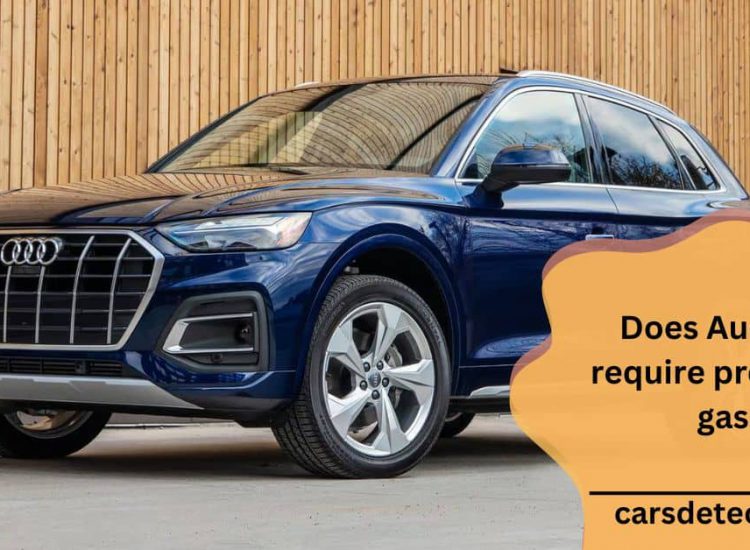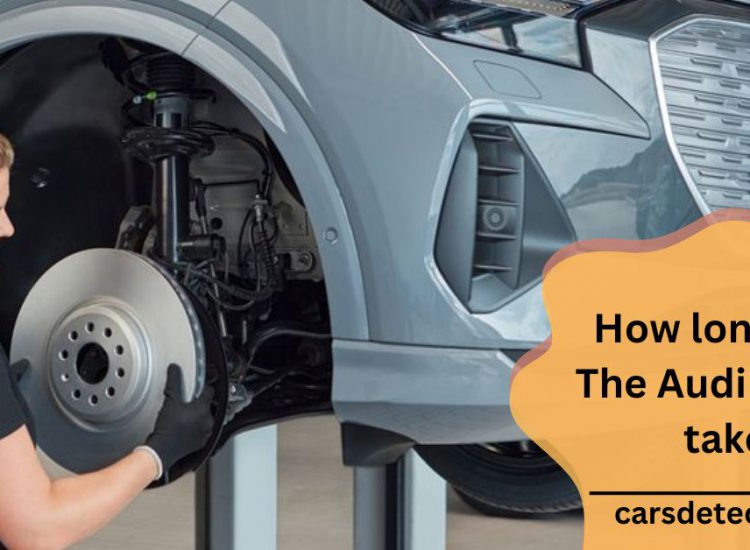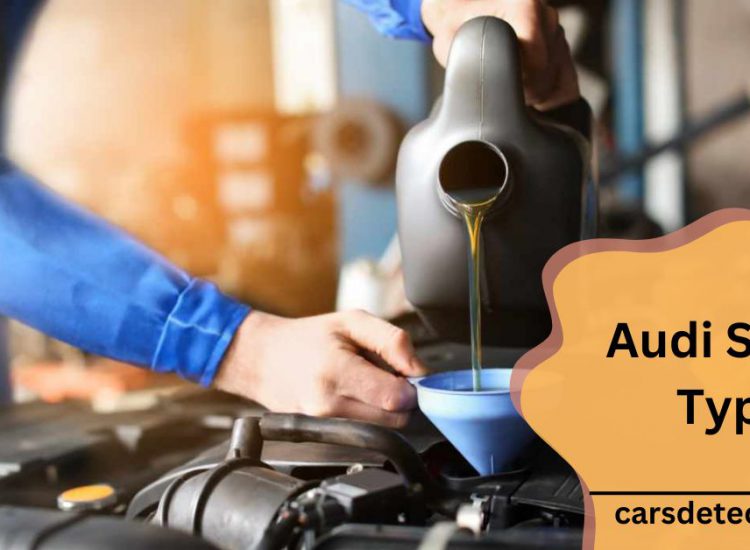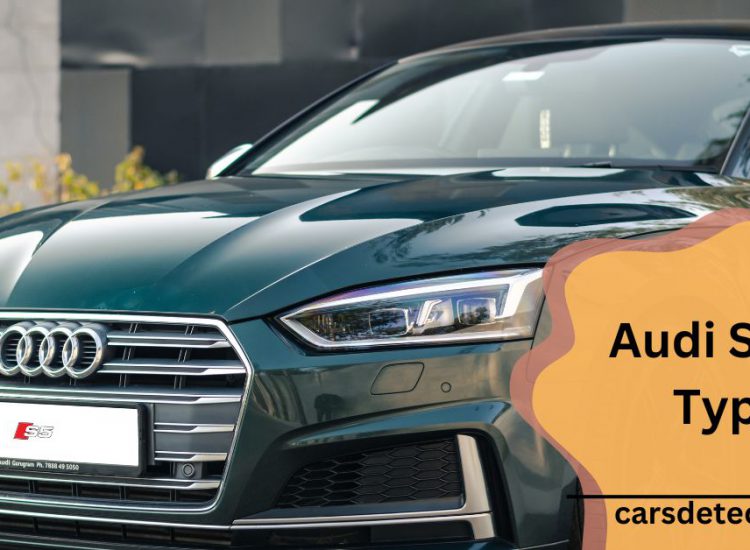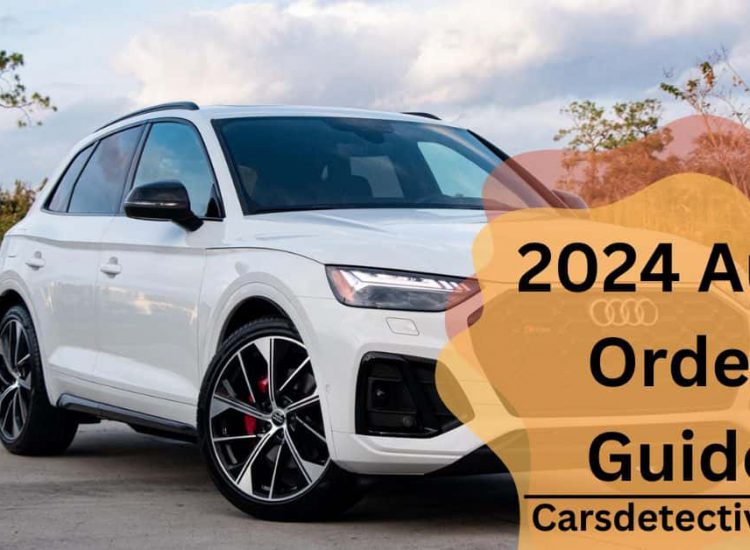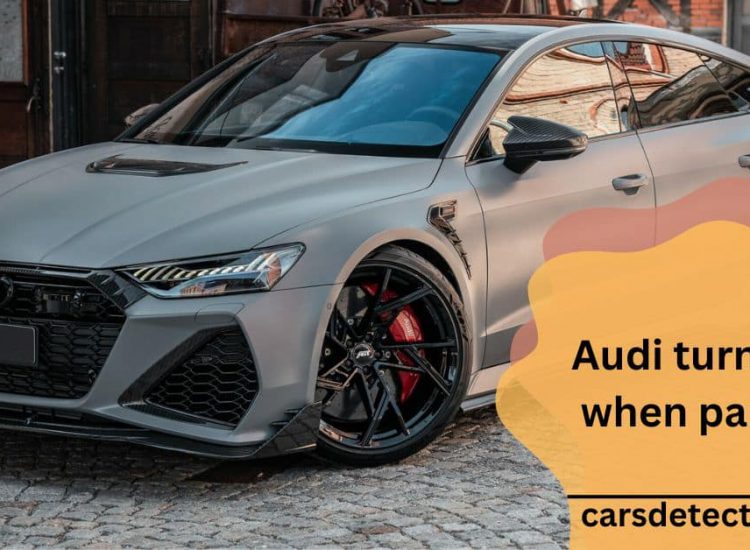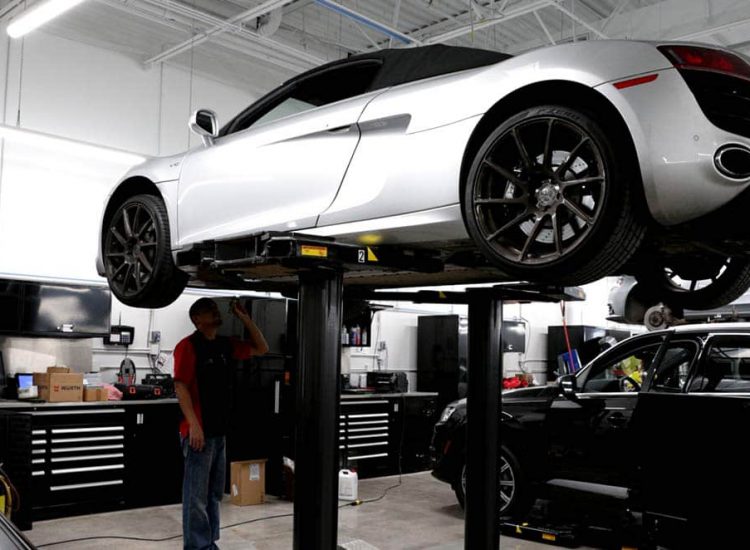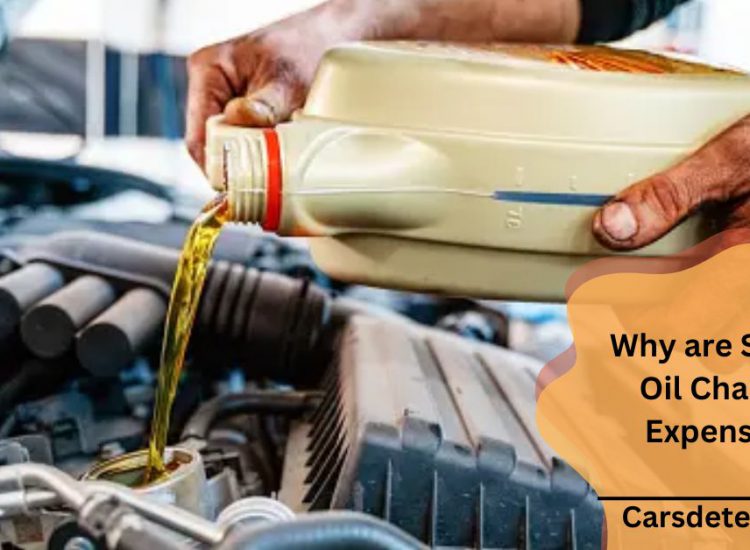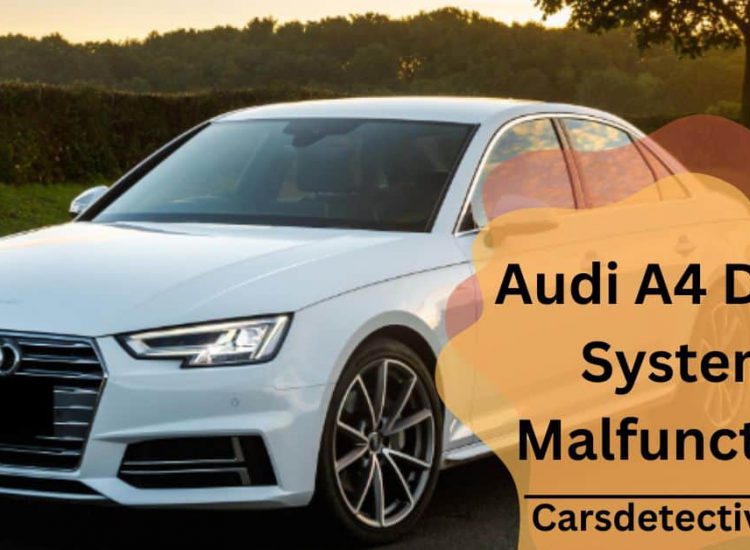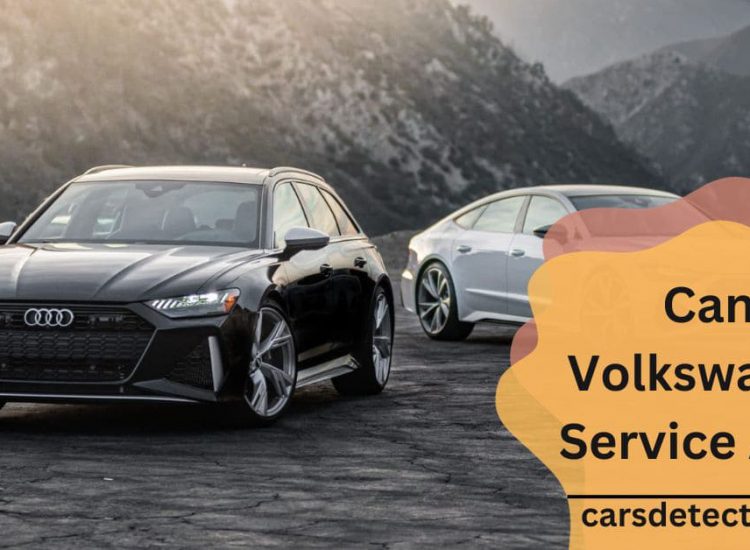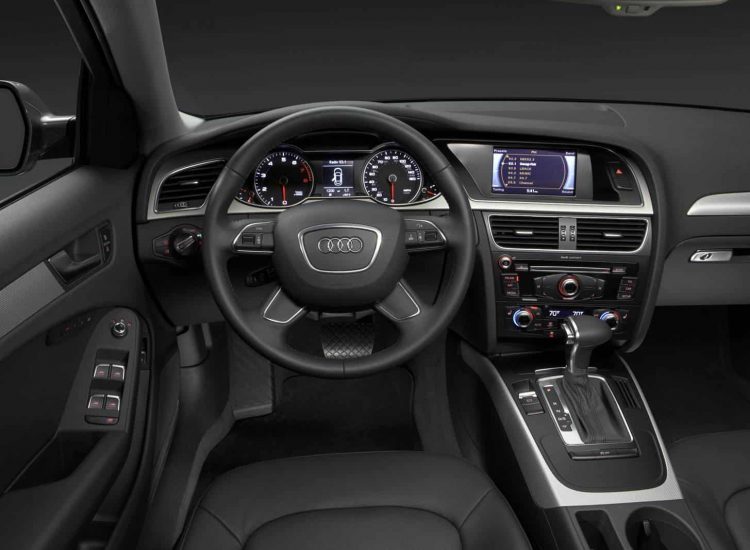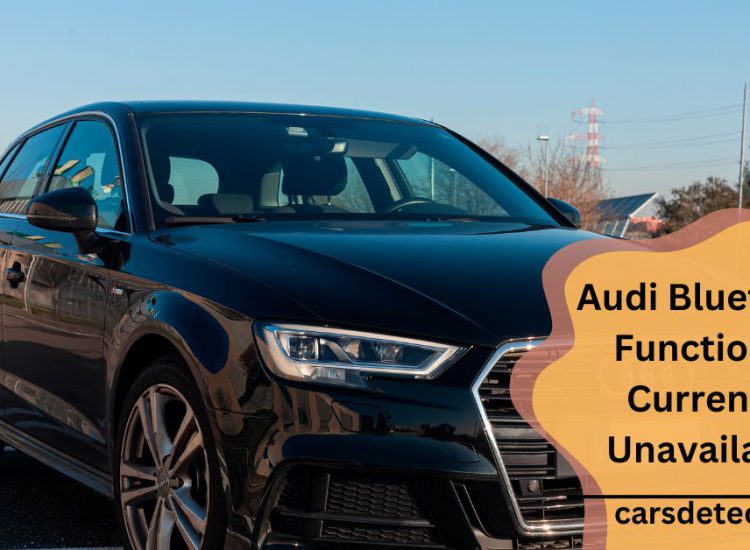The Audi Q3 is equipped with a 2.0-liter turbocharged engine that can produce 228 horsepower and runs on premium fuel.
Toc
- 1. Table of Contents:
- 2. Describe Premium Gas – Briefly Discuss!
- 3. How Does Octane Impact Fuel Burning? – You may know!
- 4. Models of Audi Require Premium Fuel – Comprehensive Guide!
- 5. Audi Models Require Expensive Fuel – Discuss with us!
- 6. Which Kinds of Gasoline Are Safe To Use? – A Deep Dive!
- 7. How much room does an Audi Q3 have in its gas tank? – Informational guide!
- 8. Frequently Asked Questions:
- 9. Conclusion:
Embark on your quest for Audi knowledge by initiating your informational journey with Carsdetective.
Table of Contents:
Describe Premium Gas – Briefly Discuss!
Oil refineries grade gasoline based on octane levels, representing the fuel’s resistance to heat before combustion. It’s crucial to grasp that octane isn’t a fuel ingredient; thus, buying 89-octane gas doesn’t mean it contains 89% octane.
Lower octane ratings mean quicker fuel combustion, while higher octane gas ignites more slowly. Audi has designed its engines to initiate precise gas combustion within cylinders, recommending premium gas for optimal performance.
Gas stations offer fuels with octane ratings ranging from 87 to 94, often using terms like regular, premium, and super for marketing. Although there’s no industry standard, most gas companies designate 87-88 octane fuel as regular gasoline, 89-90 octane as mid-grade, and 91-92 octane as premium.
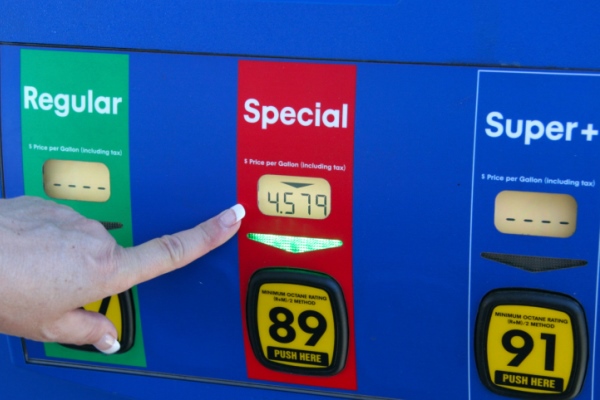
Premium gas generally has a minimum octane rating of 91, with some companies using labels like super or ultra-premium for 93-94 octane gas. The octane rating is more critical than the label. If your owner’s manual recommends 87-octane gas, fuel with 87 or higher octane won’t harm your engine.
While some believe higher octane improves power and efficiency, it doesn’t enhance mileage or power. Using a lower-octane fuel than recommended may damage engine components. Audi’s lineup, with turbocharged engines and high compression ratios, requires higher-octane fuel to prevent premature ignition, ensuring optimal power and efficiency.
How Does Octane Impact Fuel Burning? – You may know!
Audi Engine Configuration:
Your Audi engine configuration varies with models, featuring four, six, eight, or 10 cylinders. Each revolution of the camshaft initiates the opening of cylinders, allowing the injection of a fuel/air mixture.

Subsequently, the cylinder closes, compresses the mixture to a precise ratio, and ignites the fuel with a spark. The resulting energy powers the rotation of the camshaft, transferring force to the transmission, and ultimately propelling the vehicle through the axles.
Combustion Dynamics:
For every two rotations of the camshaft, a cylinder fires. At 3,000 revolutions per minute, a single cylinder undergoes a controlled explosion approximately 1,500 times. While occasional early combustion is not harmful, frequent incidents can lead to damage to the cylinders and related components, given the rapid succession of cylinder firings.
Impact of Misfires:
Misfires, or early combustion, can occur with the use of lower-rated octane fuel. This phenomenon happens when the fuel ignites prematurely due to a compression ratio that exceeds the fuel’s tolerance. Engine knock, a distinctive sound, accompanies misfires. While it may signal a serious engine issue, it could also result from low-octane gas.

Recommendations for Engine Health:
If knocking sounds are detected, it is advisable to switch to the appropriate fuel. Should the noise persist, prompt inspection by our service center is recommended to prevent potentially serious damage to your Audi engine.
Read Also: Audi q8 Throttle Lag Fix – Experience Seamless Driving with Your Audi Q8!
Models of Audi Require Premium Fuel – Comprehensive Guide!
Premium-grade gasoline is required for Audi vehicles equipped with turbocharged engines, while those with naturally aspirated engines can use regular gas. Below is a compilation of Audi models that necessitate the use of premium fuel.

Audi Q3:
The Audi Q3 is equipped with a 2.0-liter turbocharged engine delivering 228 horsepower and operates on premium fuel.
Audi Q5:
Featuring a stylish design, the Audi Q5 is powered by a 2.0-liter turbo four-cylinder engine producing 201 horsepower, requiring premium gas. Additionally, Audi offers a plug-in hybrid version that enhances power to 362 horsepower.
Audi Q7:
Audi’s seven-passenger SUV, the Q7, boasts a sleek design and impressive performance, powered by a 335-horsepower engine that runs on premium gasoline.
Audi Q8:
The Q8 is equipped with a 3.0-liter six-cylinder turbo engine generating 335 horsepower and utilizing premium fuel for optimal performance.
Audi A3:
The Audi A3 sedan features an inline four-cylinder engine with a turbocharger, demanding premium gas to deliver 201 horsepower.
Audi A4:
With a 261-horsepower inline four-cylinder turbo engine, the Audi A4 requires premium fuel to operate at its peak performance.
Audi A5:
The Audi A5 offers multiple powertrain options, including an inline four-cylinder engine producing 261 horsepower and a 3.0-liter V-6 with twin turbochargers delivering 444 horsepower. These engines necessitate the use of premium fuel for optimal performance.
Audi Models Require Expensive Fuel – Discuss with us!
Audi strongly advises the use of premium gasoline across a wide range of their vehicle models, a recommendation that may leave many drivers perplexed about the significance of premium fuel and its impact on their Audi.

Seeking clarity on this matter, we consulted our team of engine experts here at Audi Mission Viejo to elucidate the distinctions between various types of gasoline and how they can influence the performance of your Audi.
Furthermore, we aim to dispel common misconceptions regarding the potential consequences of using the incorrect type of gasoline in your Audi vehicle.
Which Kinds of Gasoline Are Safe To Use? – A Deep Dive!
Reformulated Gasoline:
Reformulated gasoline, designed to combat environmental threats posed by vehicle emissions, is often favored by environmentally conscious car owners. While Audi does not explicitly endorse this fuel type in their manuals, practical experience indicates that many automakers, including Audi, generally recommend its use.

It is noteworthy that Audi’s lack of explicit recommendation may stem from the fact that reformulated gasoline is not prevalent in Europe, where the brand originates.
Gasoline/Oxygenated Blends or E-85:
Gasoline blended with ethanol or methanol, known as oxygenated blends, aids the engine in starting in colder temperatures. Audi explicitly advises against the use of fuel containing methanol in any Audi Q3 generation.
For blends with ethanol, Audi permits a maximum of 15%, specifically endorsing E-10 and E-15, while cautioning against E-85 due to its potential to cause severe engine damage.
Gasoline With Added Materials:
Certain gasoline products come with additives such as deposit cleaners, cleaning agents, and detergents. Audi strongly discourages the use of aftermarket additives in Q3, emphasizing the potential harm these substances, like silicon or metallics, may inflict on the engine and fuel system.

Instead, Audi recommends purchasing fuel from certified TOP TIER retailers, ensuring optimal engine performance and cleanliness without causing damage.
Gasoline With MMT:
Methylcyclopentadienyl manganese tricarbonyl (MMT), an octane-enhancing additive, was initially marketed as a supplement and later as an octane enhancer. Audi’s owner’s manual specifies two key considerations for using MMT: the fuel must be 87 octane or higher, and the blend should not exceed 15% MMT.
Read Also: Audi s3 8v Exhaust Tips – Complete Guidelines in 2024!
How much room does an Audi Q3 have in its gas tank? – Informational guide!
When making the crucial decision of purchasing a vehicle, particularly an SUV, careful consideration of the fuel tank capacity becomes imperative. It is essential to have a clear understanding of the potential distance one can cover on a single tank of fuel.
We are delighted to convey that the Audi Q3 alleviates any concerns related to fuel tank capacity. In its second generation, the Q3 boasts an ample 16.2-gallon fuel tank, while the first generation features a slightly smaller yet substantial 15.9-gallon capacity.

With the efficient fuel economy of the Audi Q3 taken into account, it can confidently be asserted that a single tank can propel the vehicle for more than 250 miles, offering a reassuring range for drivers.
| Engine | Gas Tank |
| 2nd Generation | 16.2 Gal |
| 1st Generation | 15.9 Gal |
Frequently Asked Questions:
Can I use gasoline with additives in the Audi Q3?
Audi discourages the use of aftermarket additives, as they may contain materials harmful to the engine and fuel system. Audi recommends purchasing fuel with proper additives from certified TOP TIER retailers.
Can I use reformulated gasoline in the Audi Q3?
While Audi doesn’t explicitly recommend it, many car owners, including Audi drivers, opt for reformulated gasoline, which is more common in environmentally conscious markets.
Is it safe to use gasoline blends with ethanol, like E-85, in the Audi Q3?
No, Audi strongly advises against using fuel with more than 15% ethanol content, as it can lead to severe engine damage. E-10 and E-15 are acceptable.
Conclusion:
At the end of the conclusion;
The Audi Q3 comes with a 2.0-liter turbocharged engine capable of generating 228 horsepower and requires the use of premium-grade fuel.

